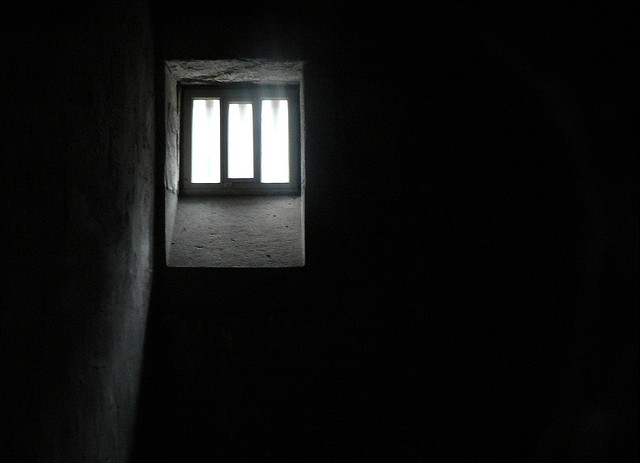[contextly_auto_sidebar]
A review of court custody in England and Wales by HM Inspectorate of Prisons found conditions to be a ‘threat to the health’ of detainees and staff. The review, conducted between 2012 and 2014 looking at 97 court houses with custody facilities, found ‘filthy, squalid cells covered in old graffiti’ that were ‘degrading’ to detainees and staff alike.
For example, detainees at Liverpool Crown Court could not use the toilets in private as they were only separated from staff working on the booking-in desk by a flimsy screen. The Inspectorate condemned the inadequate risk assessment process in court houses. Basic risk assessment was described as ‘unsatisfactory and almost non-existent’. For example, during one inspection a young person was booked in without any inquiry about his history of self-harm, despite his records showing that he had cut himself in 2011. The report described such ‘disregard’ for the risks detainees pose to themselves and others as ‘an accident waiting to happen.’
The report also highlighted serious issues in health provision. Inspectors identified many instances of detainees being supplied with insufficient medication to last them through a long day at court. The report described mental health provision as ‘variable’, with support being difficult to access in many courts and most staff requiring further training.
Frances Crook, chief executive of the Howard League for Penal Reform, commented that responsibility for these failures was wide-reaching and extended ‘to the contract management within the Ministry of Justice; the private companies that are not caring for the welfare and safety of people but are still making money out of it; and the judges and magistrates who are tolerating defendants being treated in this way’.
The report set out a series of recommendations for the government. In particular, the report urged ministers to establish an effective complaints procedure for all detainees in court custody and to review how risk assessments are carried out. Crook echoed the report’s recommendations and called on everybody to ‘work together to ensure that people are treated with humanity and respect’.







